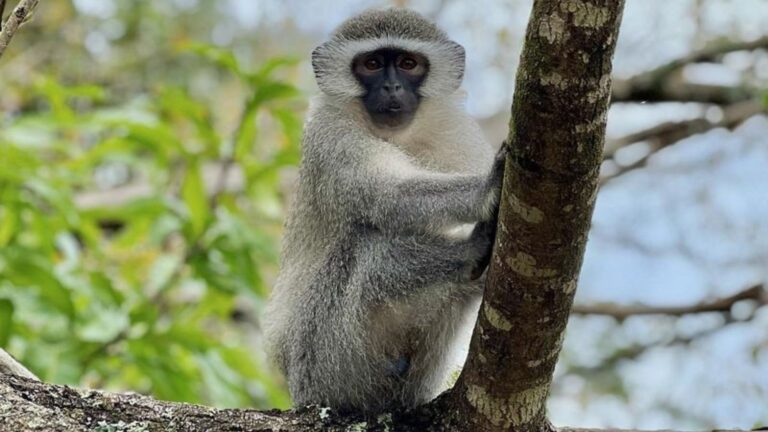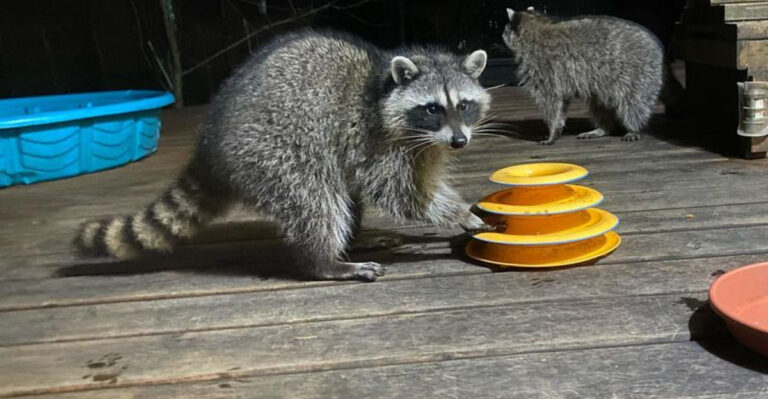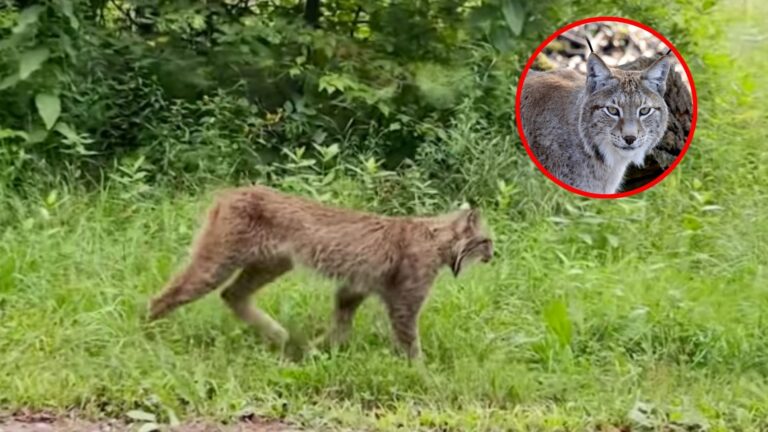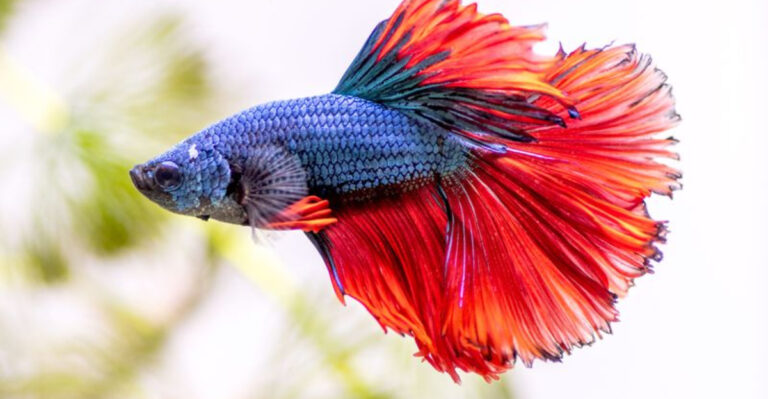Never Kick Raccoons Out Of Your Yard For These 12 Reasons
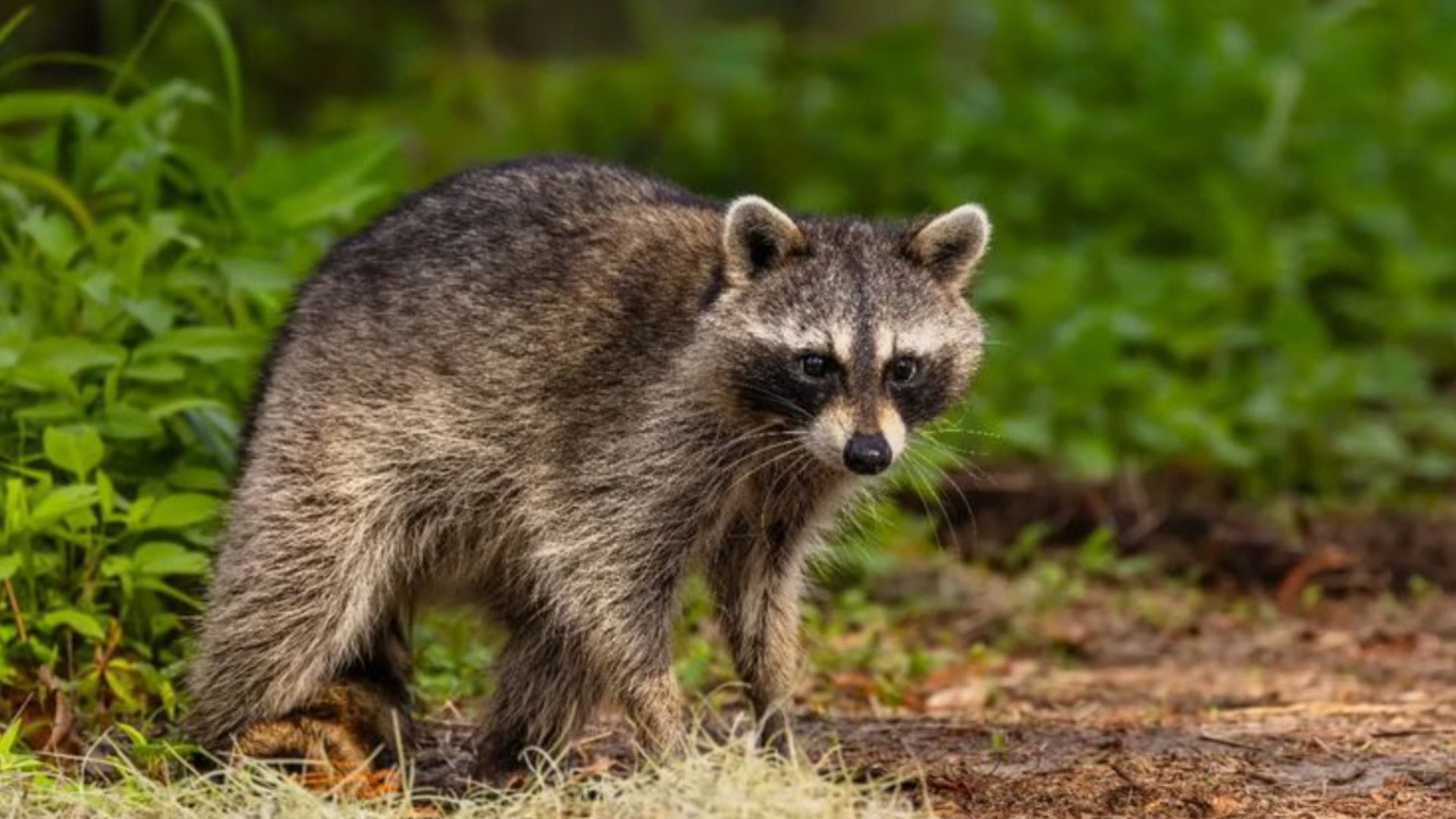
Think raccoons are just masked troublemakers? You might be surprised to learn they bring more benefits than chaos to your backyard.
From pest control to natural cleanup, these clever critters do more good than harm. Before chasing them off, here’s why you might want to roll out the welcome mat instead.
1. Seed Dispersal Agents
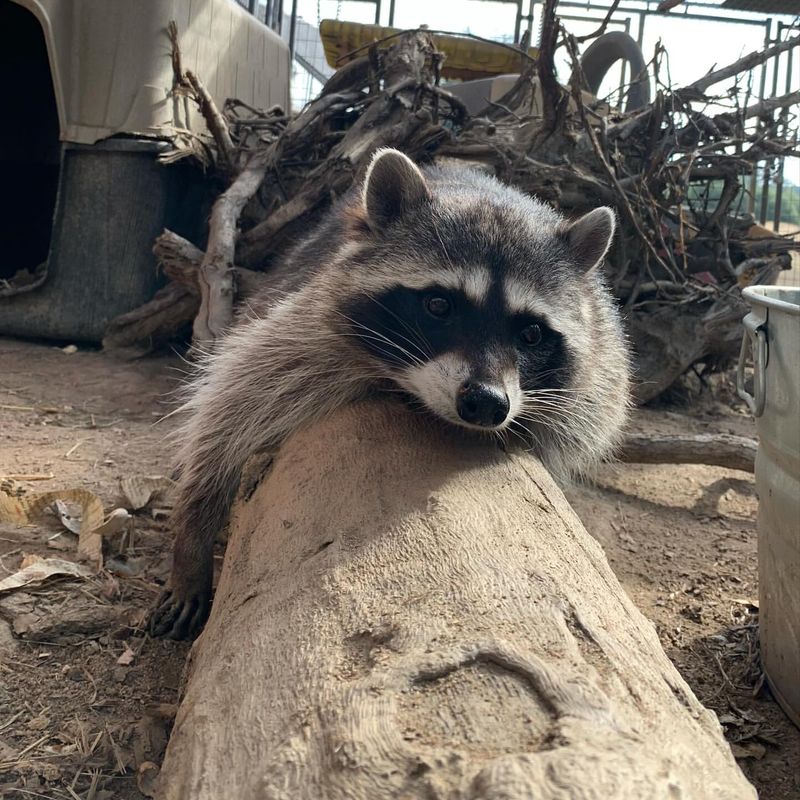
Raccoons inadvertently assist in seed dispersal, contributing to plant diversity in your yard. As they move through gardens, seeds cling to their fur and are transported to different locations.
When raccoons forage, they often carry seeds in their digestive systems and deposit them elsewhere through their droppings, further spreading plant life. Such natural propagation can lead to unexpected, yet delightful, blooms and greenery in areas you least expect.
This process encourages the growth of native plants, which can thrive and support local wildlife better than non-native species. Allowing raccoons the freedom to roam in your yard fosters a thriving ecosystem.
2. Natural Pest Control
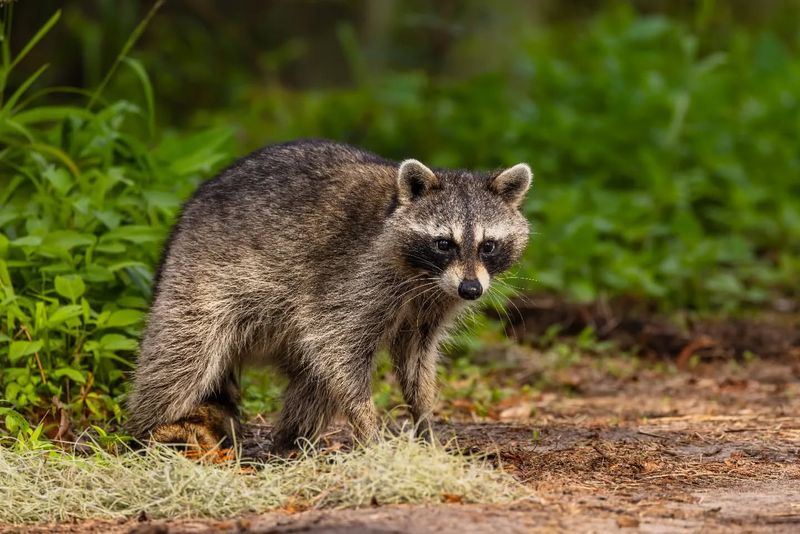
Raccoons play a crucial role in maintaining the balance of local ecosystems. One of their most beneficial attributes is their instinctive pest control. These creatures have a knack for foraging on insects that could otherwise wreak havoc on your garden.
Imagine them scouring your yard at night, munching on beetles, grubs, and other pests. This nocturnal activity helps keep the insect population in check, reducing the need for chemical pesticides.
The presence of raccoons can lead to a healthier garden environment. Their predilection for insects means fewer bugs to damage your plants, leading to a more robust growth of flowers and vegetables.
3. Soil Aeration Experts
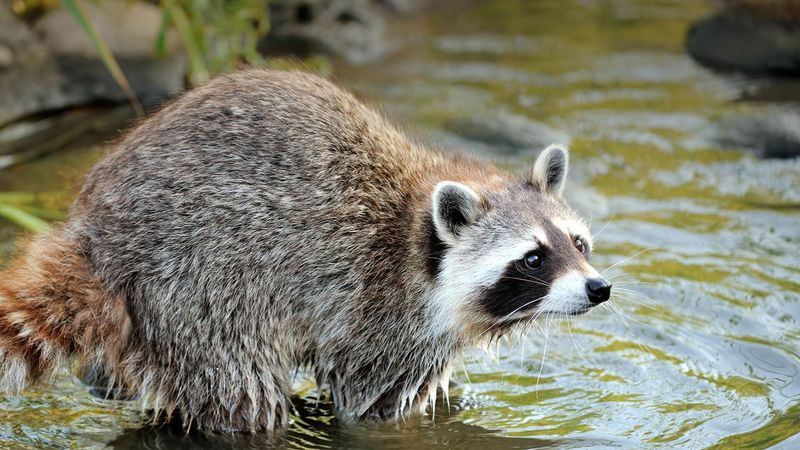
Natural digging behavior contributes positively to soil health by gently loosening compacted earth. While searching for grubs and insects, small claws aerate the ground and mix in organic matter.
This improves water absorption, encourages root growth, and enhances nutrient distribution. A well-aerated garden also invites helpful microbes and earthworms that boost overall soil fertility.
4. Education And Entertainment

Raccoons offer a unique opportunity for education and entertainment right in your backyard. Their curious nature and clever antics can be both amusing and enlightening, providing endless fascination for observers of all ages.
Watching raccoons navigate obstacles or interact with objects can be a delightful spectacle. Their problem-solving abilities and dexterous paws make for engaging viewing, turning a simple backyard into a stage for wildlife theater.
5. Ecological Indicators
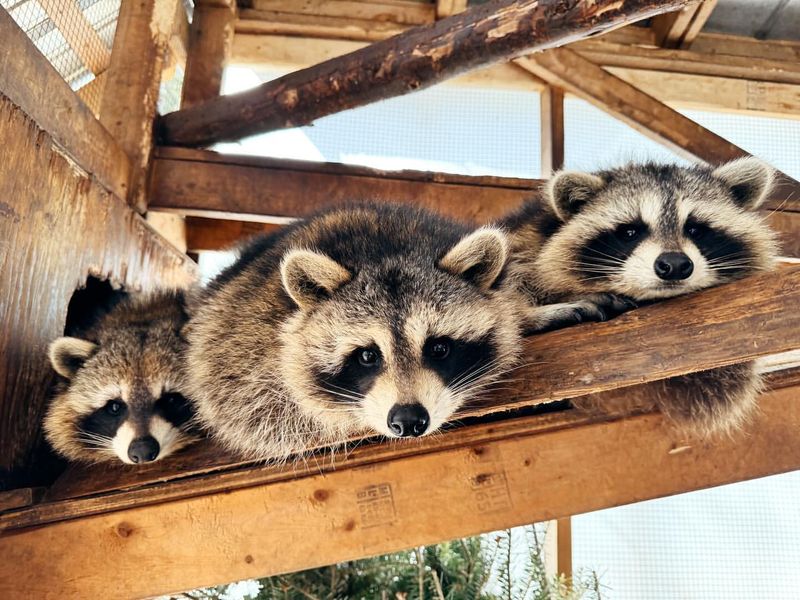
The presence of raccoons in your yard can serve as an indicator of ecological health. These adaptable animals thrive in environments that can support diverse wildlife. Their presence suggests a balanced ecosystem with ample food resources and suitable habitats.
Raccoons are sensitive to changes in their environment. A sudden disappearance can signal ecological disturbances, such as pollution or habitat destruction.
By observing raccoon behavior, homeowners can gain insights into the health of their local environment. Caring for these creatures is a step towards environmental stewardship.
6. Wildlife Biodiversity
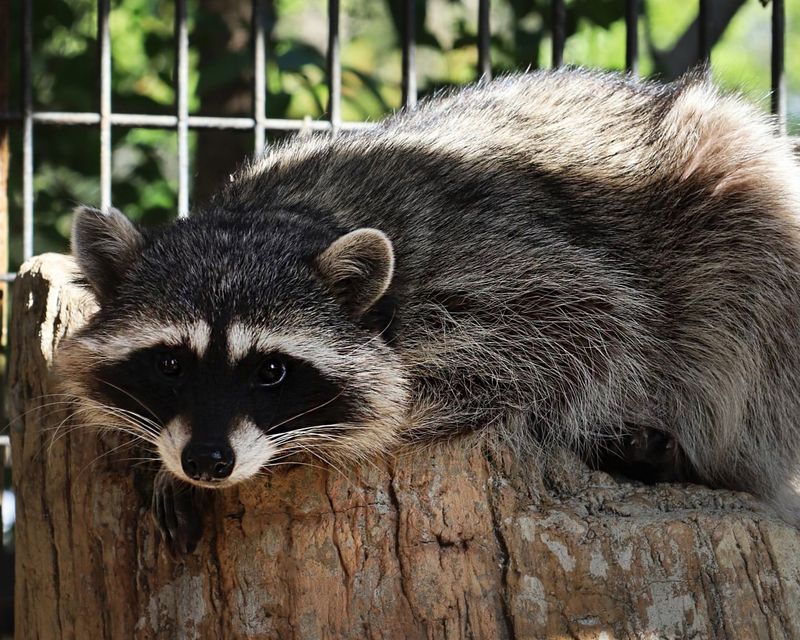
Raccoons contribute significantly to the biodiversity of your backyard. Their presence supports various forms of wildlife, creating a dynamic and interdependent ecosystem. By choosing to live alongside raccoons, you are cultivating an environment teeming with life.
These creatures interact with other animals, such as birds, squirrels, and insects, forming a complex web of ecological relationships.
Furthermore, raccoons can act as a keystone species, influencing the diversity and abundance of other species in your yard. Their activities, from foraging to nesting, create opportunities for other creatures to thrive.
7. Nutrient Cycling Contributors
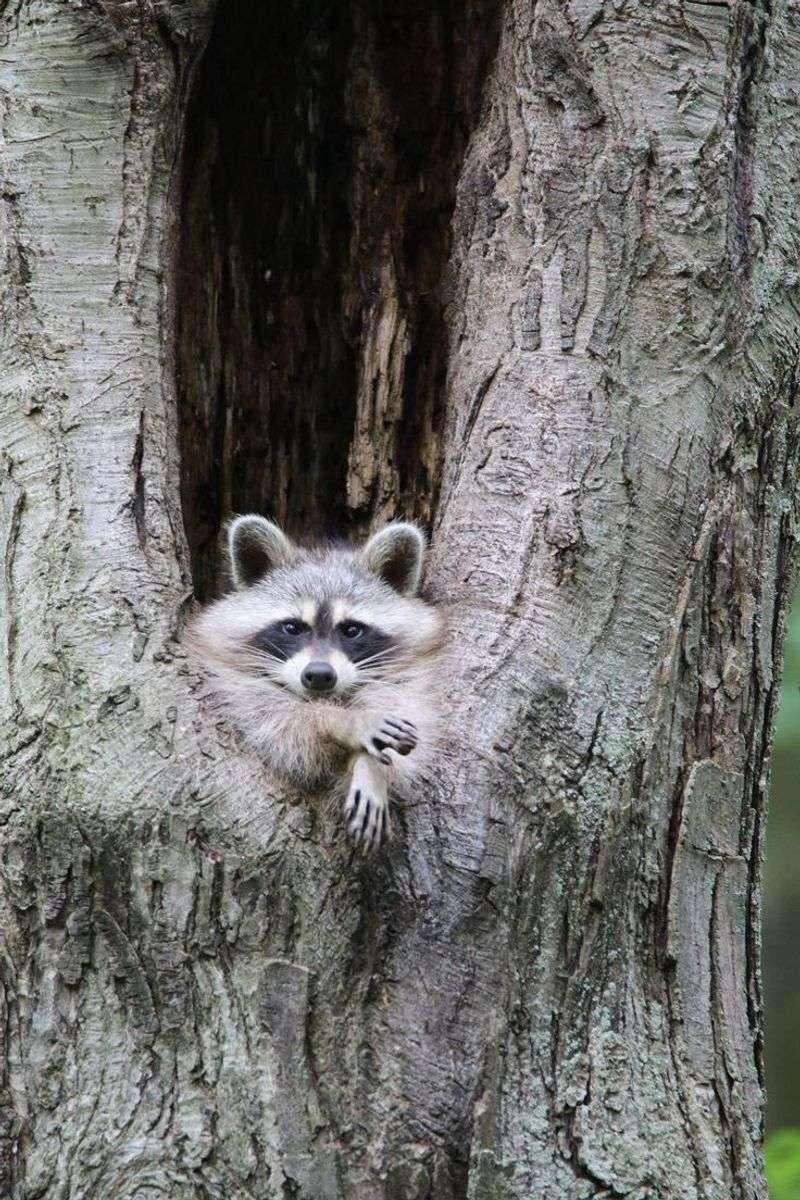
Raccoons play a vital role in nutrient cycling within your yard’s ecosystem. By foraging through leaf litter and soil, they help break down organic material, returning essential nutrients back into the earth. This process enriches the soil, promoting healthy plant growth.
Their scavenging habits speed up the decomposition of organic matter like fallen leaves and dead insects. As raccoons sift through debris, they inadvertently mix these materials into the soil, facilitating microbial activity.
8. Cultural And Historical Significance
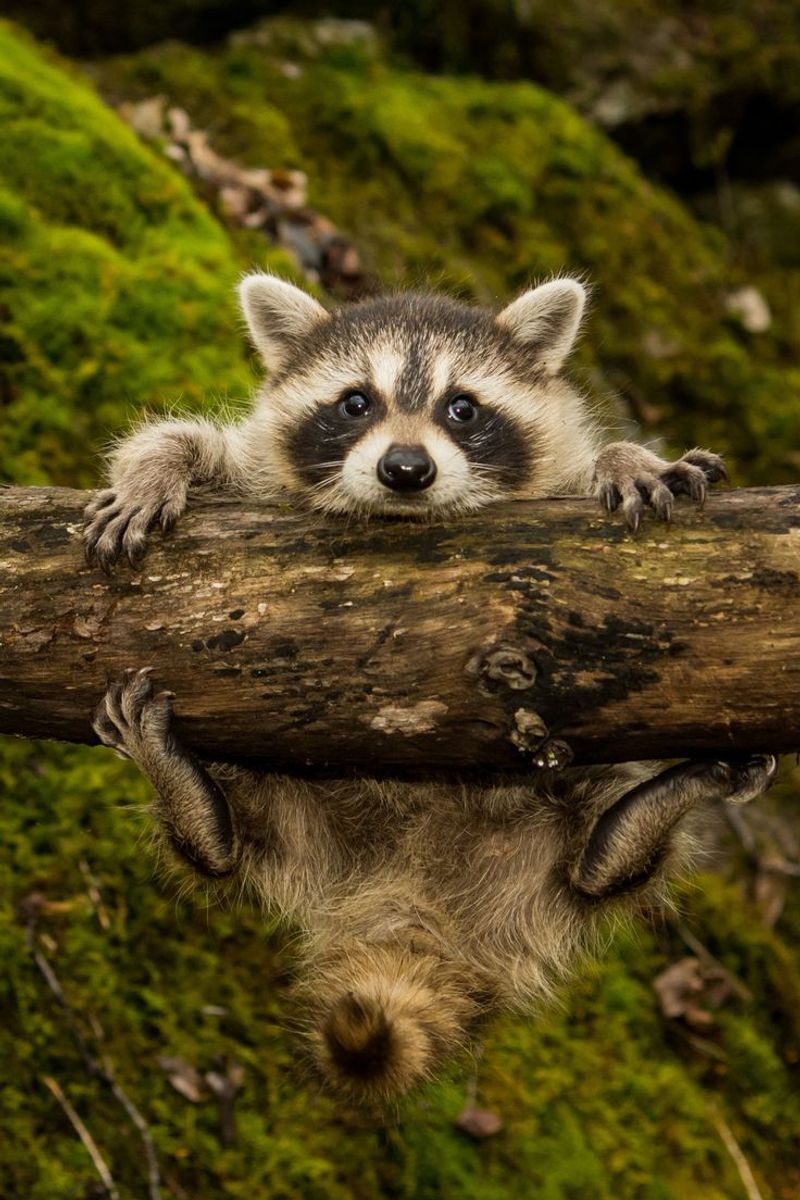
Cultural and historical ties make raccoons more than just backyard visitors. In Native American folklore, they represent traits like curiosity and cleverness. Stories passed down through generations often portray them as tricksters or problem solvers, reflecting their real-world adaptability.
Welcoming them into your space honors a long tradition of respect for their intelligence and symbolic meaning.
9. Reducing Urban Wildlife Conflicts
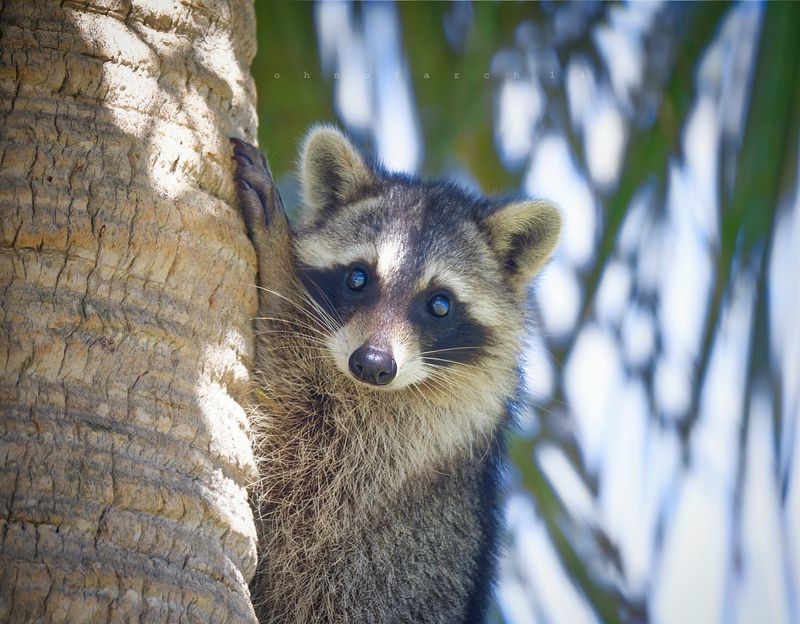
Raccoons can help reduce wildlife conflicts in urban areas by acting as a buffer between humans and more troublesome animals. Their adaptability allows them to thrive in developed environments, where they often become a part of the community.
By occupying niches that might otherwise be filled by more aggressive or destructive wildlife, raccoons help maintain a peaceful coexistence. Their presence deters animals like rats or pigeons, which can cause more significant issues for homeowners.
Learning to live alongside raccoons encourages a broader understanding and tolerance of wildlife. By fostering an environment where raccoons are welcome, communities can develop strategies that promote harmony between humans and animals.
10. Promoting Environmental Stewardship
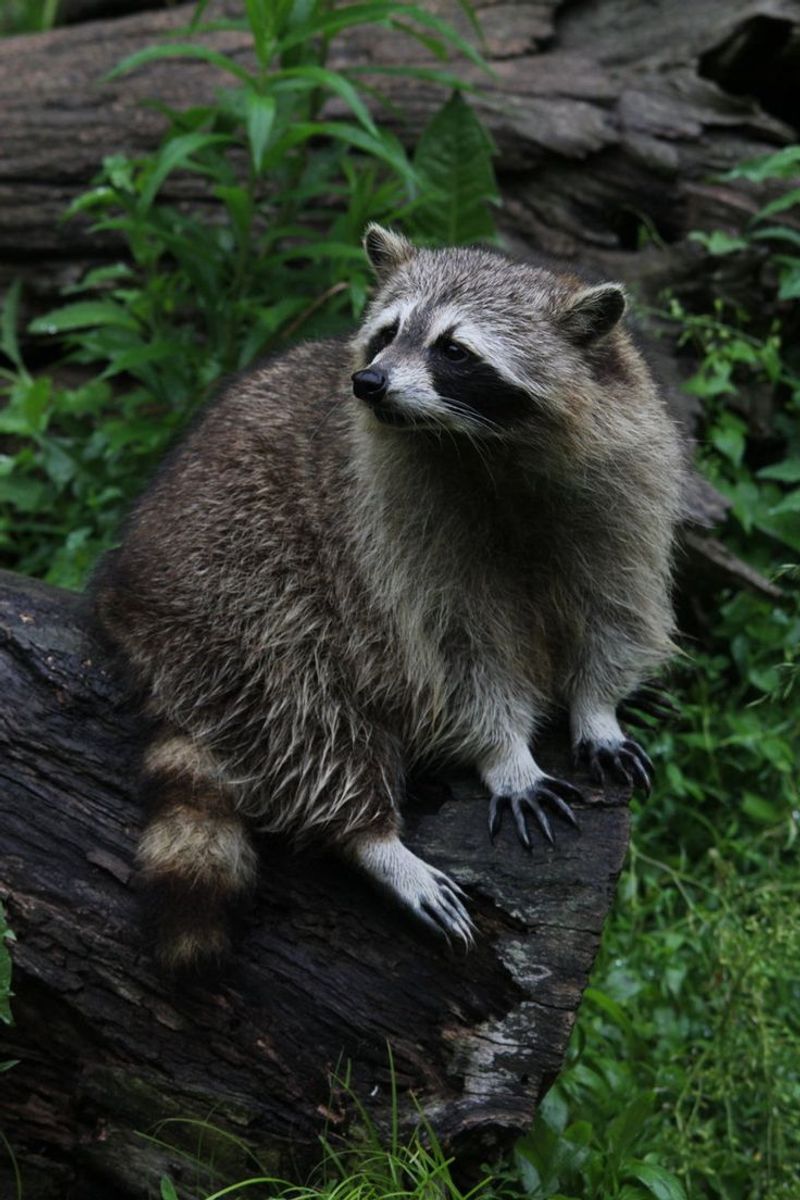
Embracing raccoons in your yard promotes environmental stewardship and a deeper connection with nature. By choosing coexistence over exclusion, you actively participate in conserving local wildlife and ecosystems.
Raccoons remind us of the importance of maintaining habitats that support diverse species. Their presence encourages homeowners to consider the impacts of their actions on the environment.
This mindfulness leads to more sustainable gardening practices and habitat preservation efforts.
11. Natural Clean-Up Crew
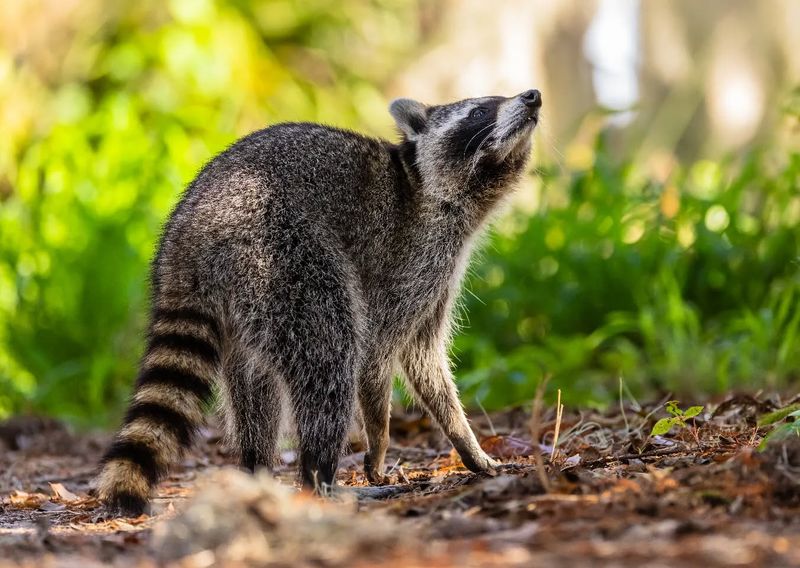
Imagine waking up to a tidy yard – the mysterious cleaners? Raccoons! With their dexterous paws, raccoons are nature’s clean-up crew, adept at tidying fallen fruits and leftovers. Their nightly forays help reduce potential waste, keeping your garden fresh.
Their undeniable adaptability means they can sort through debri, often preventing unwanted pests. Their keen sense of smell guides them to what’s ripe for the taking. By allowing raccoons to roam, you engage a natural waste management service.
12. Nocturnal Pest Control
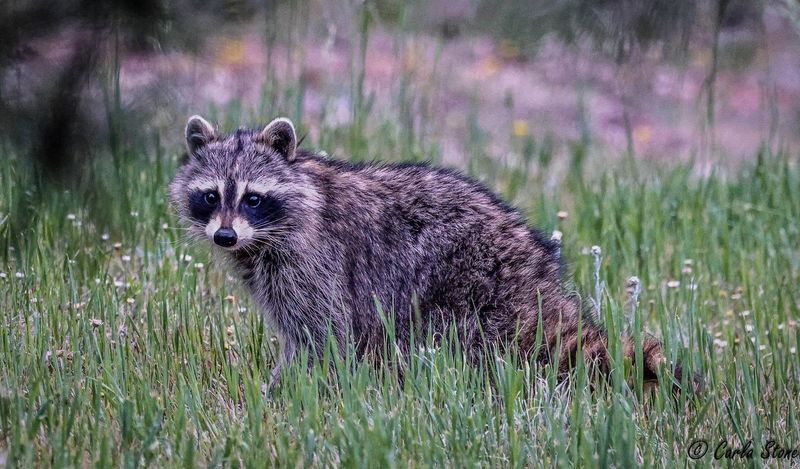
When night falls, raccoons become vigilant pest controllers. Their diet includes insects and small rodents that might otherwise wreak havoc in your garden.
This nocturnal patrol helps curb the population of unwanted critters without the need for chemical interventions. Raccoons, with their sharp claws and agile movements, efficiently handle these nuisances.

